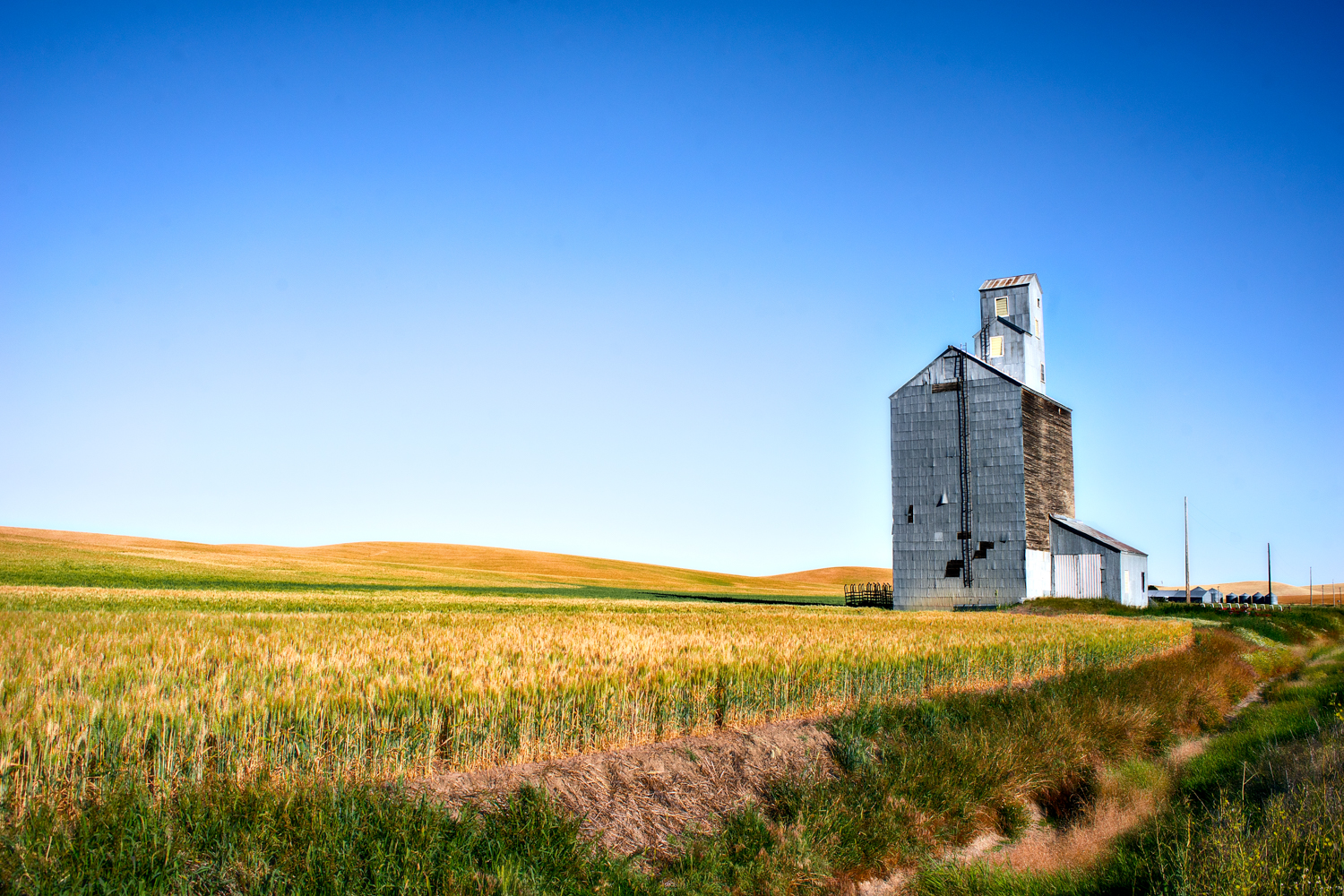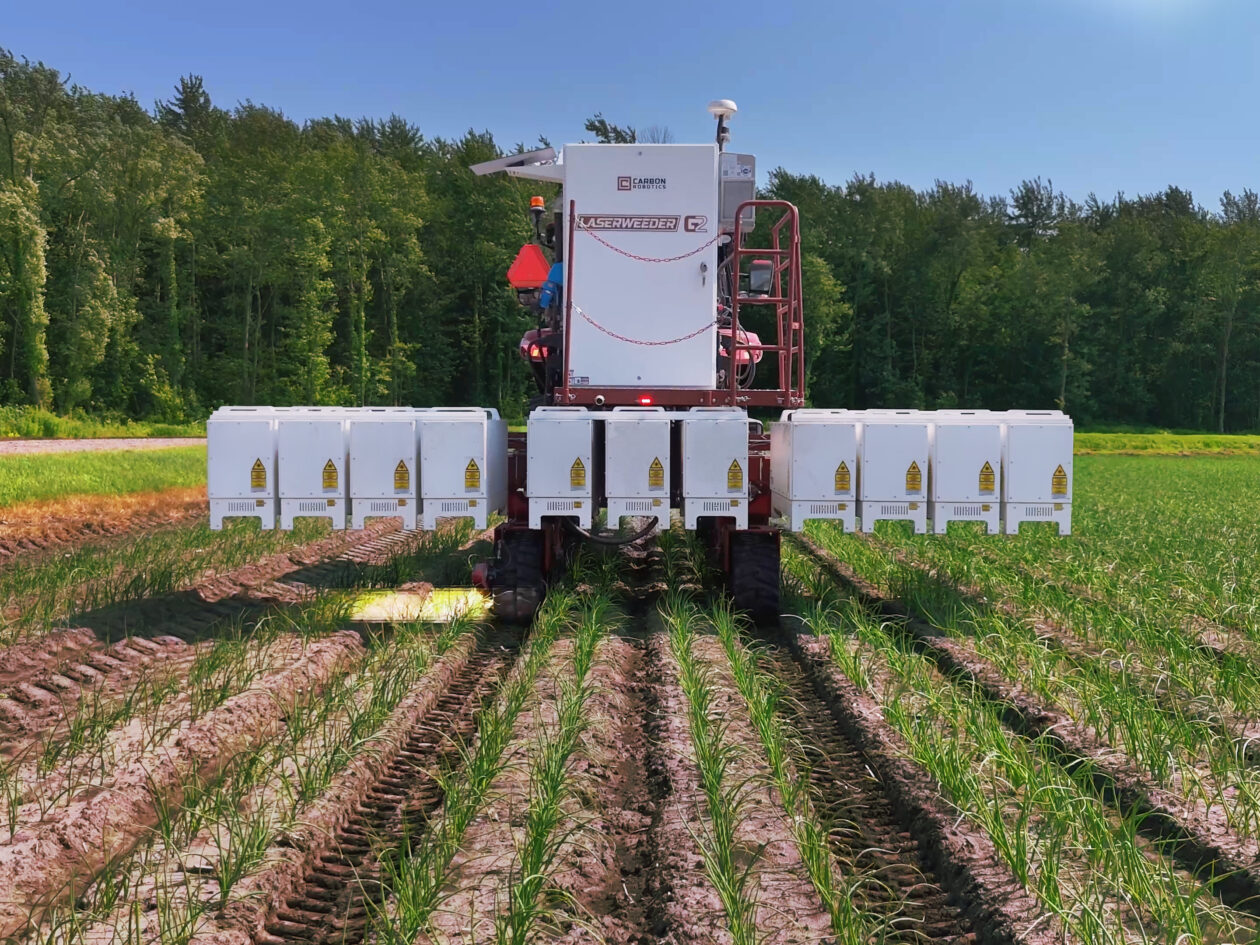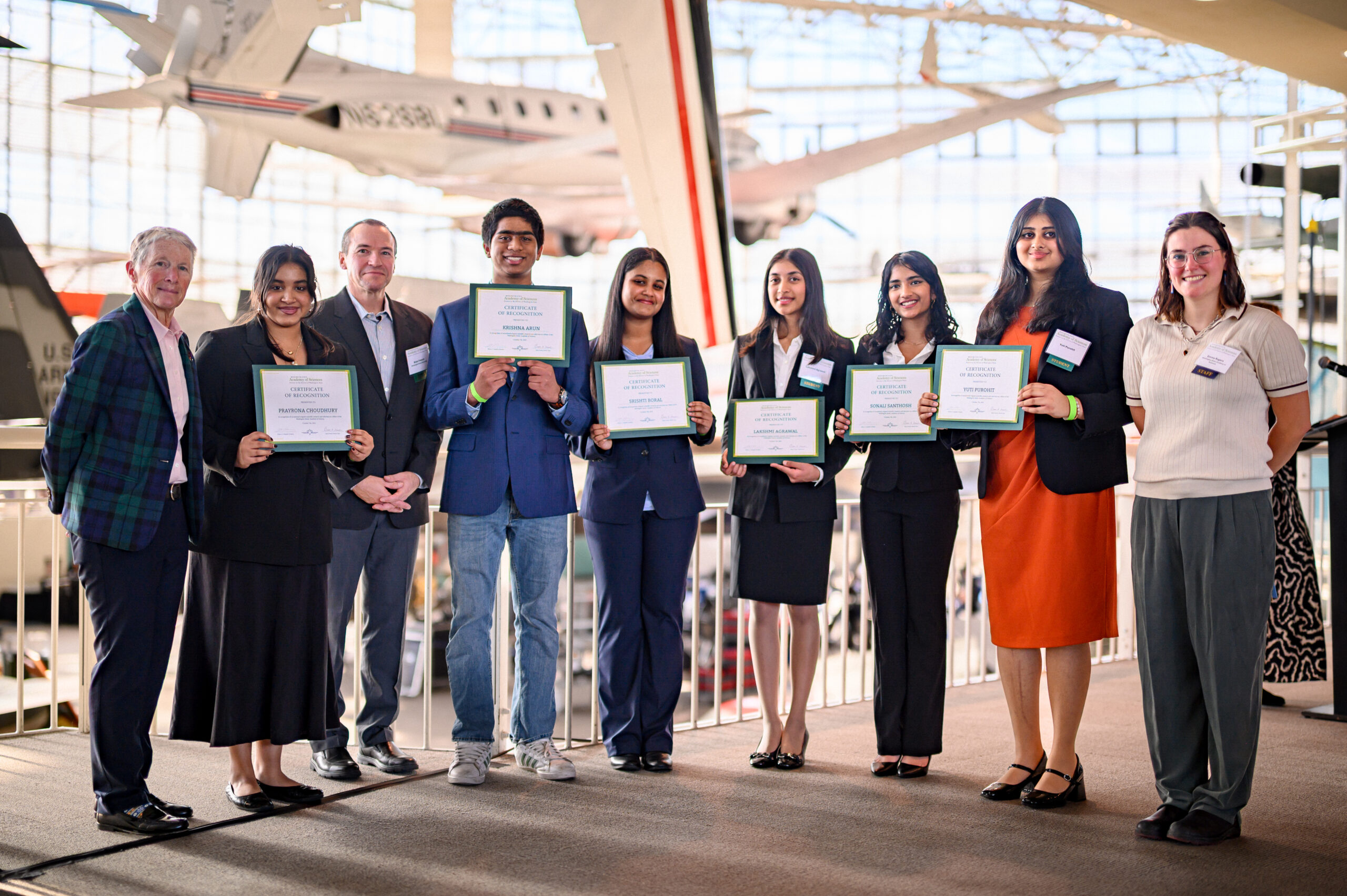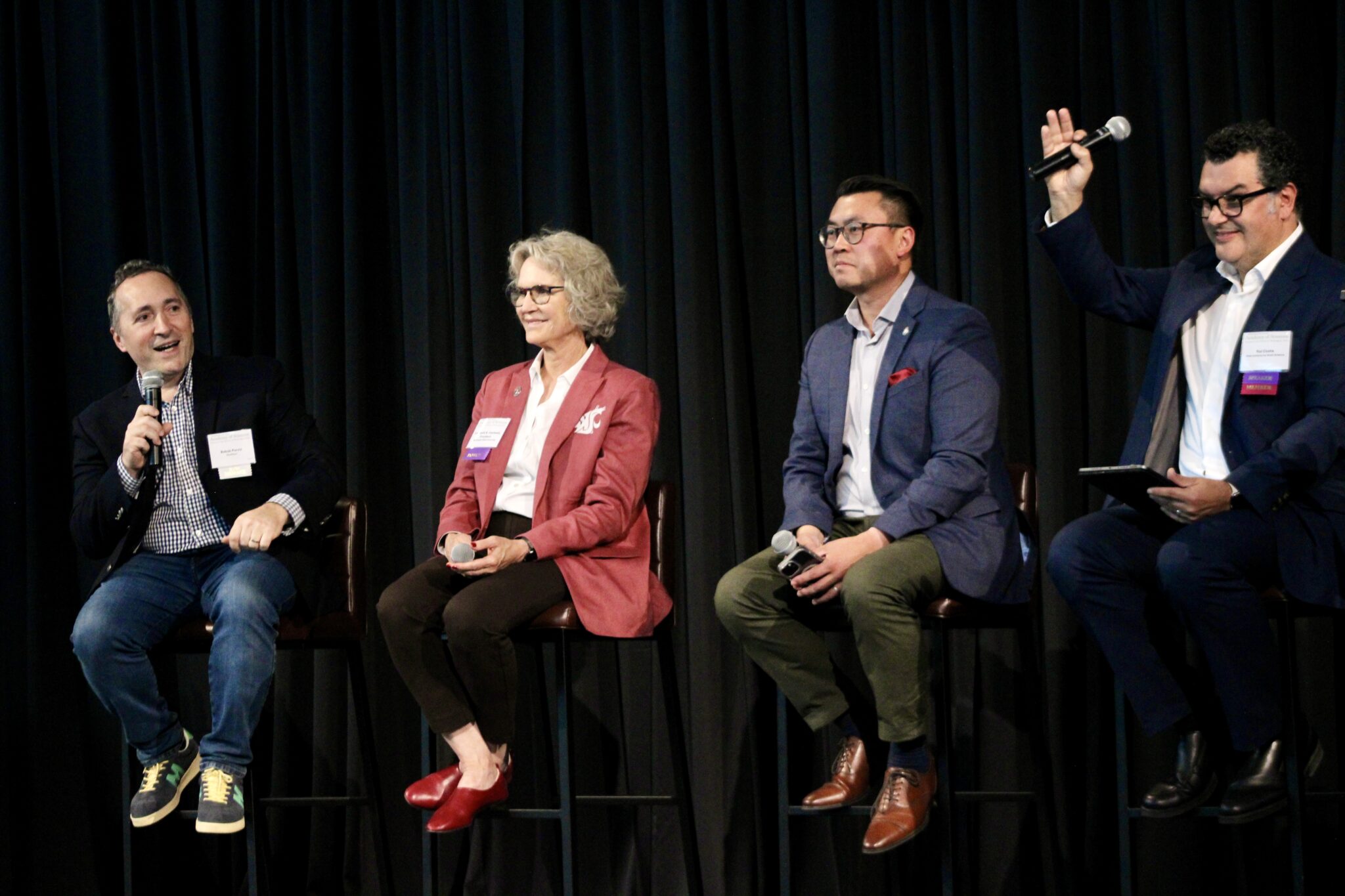
In response to members’ strong interest in actively helping WSAS fulfill our mission of “Science in the Service of Washington State,” we are establishing Topical Working Groups (TWGs) aligned with key scientific and technological policy interests of both the state and our members. TWGs are designed to engage members in key policy issues facing the state, organize and conduct projects addressing these issues, and help coordinate efforts to connect with other state and local organizations.
The three initial TWGs are:
- Environmental Quality, Sustainability and Climate Change
- Jobs, Infrastructure and Economic Environment
- Quality of Life, Health, Education and Workforce Preparedness
Topical Working Groups increase WSAS Members’ capacity to act on policy issues involving science, technology, the environment and health. Their impacts are measured through the types and quality of its activities, the strength and influence of the connections with key policy makers and strategy groups, and the relevance and value added of our products to policy makers.
Related Posts
January 23, 2026
A new initiative from the Washington State Academy of Sciences called Growing with AI will bring together the state’s tech giants and diverse farming community to tackle pressing challenges in the agriculture industry.
October 28, 2025
WAJAS is a WSAS program recognizing exceptional high school students from across the state for outstanding original scientific research and offering opportunities to connect with the research community in Washington and beyond. Fellows were publicly honored alongside Washington's top researchers at the WSAS 20th Anniversary Celebration on October 7.
October 14, 2025
Amid political polarization and uncertain federal research policy, Washington leaders are betting on stability through a unique innovation ecosystem rooted in the state’s institutions and businesses. That was a theme at the 20th anniversary celebration of the Washington State Academy of Sciences, held Tuesday evening at Seattle’s Museum of Flight.


